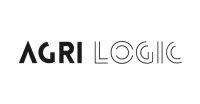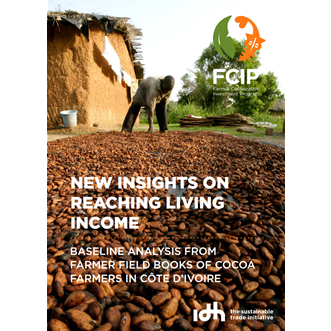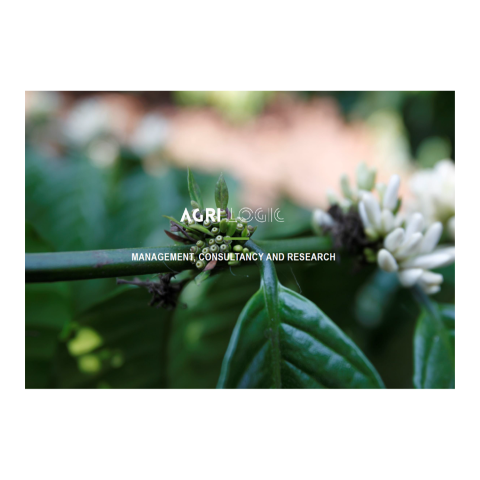Three Farmer Field Book projects on cocoa farming are ongoing in Côte d’Ivoire in collaboration with three large trade houses. A total of 1,075 cocoa farmers participate in these programs. They record data on their daily farming activities. The gathered data provide insight in the farmers’ farming practices, their cocoa production and productivity as well as their costs and income. Based on these data, recommendations can be made to improve farming practices. An important point of improvement, for example, is the use of fertiliser. Very few cocoa farmers in Côte d’Ivoire use fertiliser, and even fewer farmers use fertiliser with sufficient nitrogen content. As a result, soil nutrients are being depleted and cocoa productivity is low. This may push farmers to cut down forest to use its nutrient-rich soil for cocoa farming. Improved fertiliser use may help to avoid this by preventing soil nutrient depletion.
Agri-Logic provides the project partners with detailed analyses on the drivers of cocoa productivity and farmer income, in which activities as well as other characteristics are considered. Groups of farmers are compared to evaluate the impact of various project interventions aimed to benefit farmers. The analyses also shed light on social topics such as the gap to a living income, gender pay gap and the occurrence of child work and the risk of the occurrence of child work.




